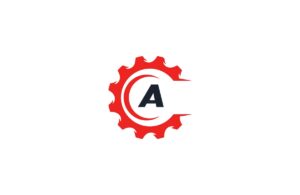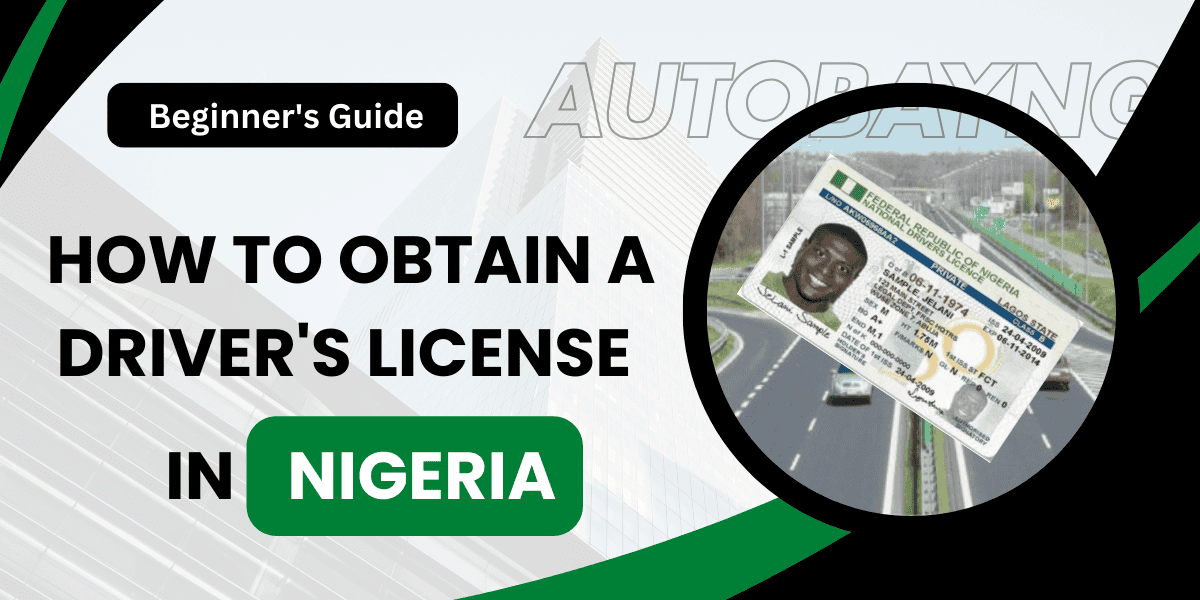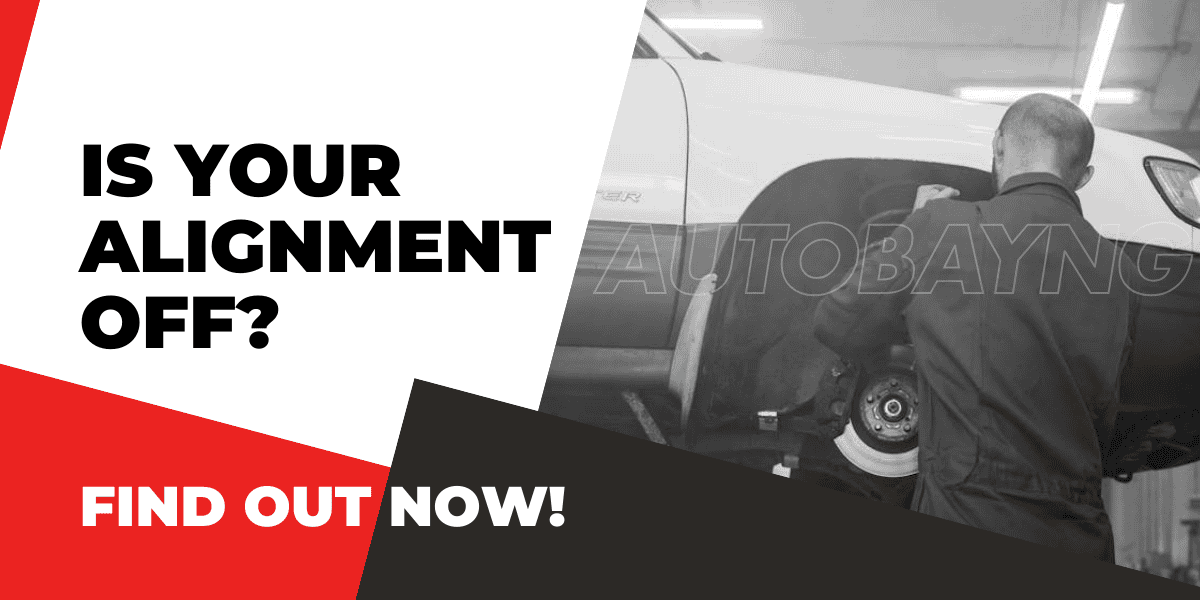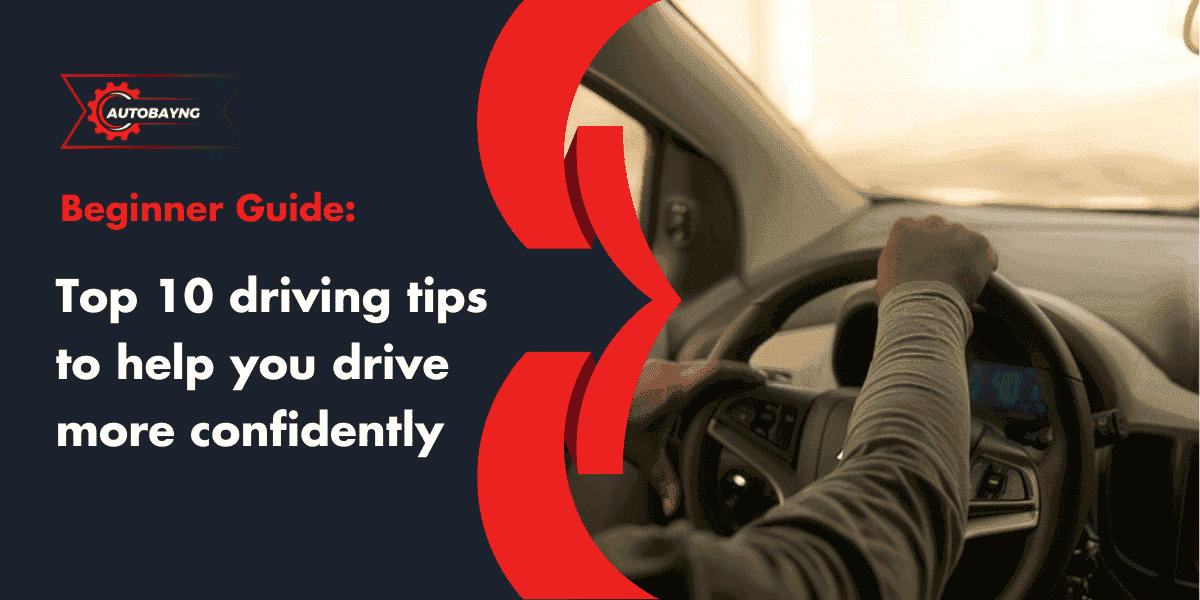In Nigeria, having vehicle insurance—also referred to as auto insurance or car insurance—is essential to owning and driving a motor vehicle. Vehicle insurance guarantees that a driver is operating a vehicle by the law and offers financial protection against physical damage or bodily injury resulting from traffic collisions and other unpleasant situations involving automobiles.
To fully comprehend the vehicle insurance market in Nigeria, one must examine the application process, types of coverage available, the regulatory environment, and factors influencing premiums.
In today’s article, we will provide a comprehensive overview of auto insurance in Nigeria, highlighting its importance, the challenges, coverage options, and trends within the insurance industry which will help drivers make informed decisions about their insurance needs and more. So buckle up and let’s dive in!
Introduction to Auto Insurance in Nigeria

As mentioned in this article’s opening paragraph, “Auto insurance is essential to owning and operating a motor vehicle in Nigeria, but what was not stated was that it isn’t debatable.” It’s illegal to drive without a valid Insurance in Nigeria. Every vehicle owner in Nigeria is required by law to obtain insurance coverage for their vehicle before operating a vehicle within the country’s borders
Legal Framework and Regulations
Nigeria’s legislative framework for auto Insurance is based on existing government laws which are overseen by approved regulatory agencies to ensure compliance and protection for all involved parties.
Under the Motor Vehicles (Third Party) Insurance Act of 1945, which went into effect in 1950, vehicle insurance is mandatory in Nigeria. This law requires all motor vehicles to have third-party insurance coverage at the very least while they are driven on Nigerian roads.
Regulatory Bodies in Nigeria
The insurance industry in Nigeria is overseen by regulatory bodies such as the National Insurance Commission (NAICOM) and the Nigerian Insurers Association (NIA). They supervise insurance firms’ operations and work to ensure that they follow all laws and guidelines.
These bodies serve to protect policyholder interests and are essential in ensuring that insurance companies are of industry standards.
Types of Insurance Coverage Available in Nigeria
There are several types of vehicle insurance coverage options available to vehicle owners in Nigeria. The most popular coverage options available across multiple policy providers are:
- Third-Party Liability Insurance:- This is the bare minimum legal requirement for vehicle insurance in Nigeria by law. It covers the policyholder against liabilities to third parties for bodily injury or property damage resulting from an accident. Third-party liability insurance protects you from only damages and losses caused to a third party’s vehicle but not your own.
- Comprehensive Insurance:- This type of insurance provides broader coverage than third-party liability insurance. It covers damages to the insured vehicle as well as liabilities to third parties. Comprehensive insurance covers everything the third-party insurance does and additionally pays for damages to your vehicle resulting from accidents, fire, theft vandalism, poor weather and other risks. To protect one’s investment in an automobile, having comprehensive insurance coverage is crucial in a country like Nigeria where car theft and traffic accidents are common.
- Customizable Coverage Options:-In addition two available options mentioned earlier, some specialized insurance companies in Nigeria offer customizable insurance products for vehicle owners with the financial means.
Depending on your specific needs or preferences, some insurance providers may provide vehicle owners with coverage that can provide them with personal accident coverage, roadside assistance such as mechanical repairs, towing fuel delivery, flat tyre assistance and many more
Importance of Vehicle Insurance in Nigeria

Below are some important reasons why Nigerian vehicle owners must obtain auto insurance:
Legal Requirement:- As previously stated in this post, driving in Nigeria without a proper insurance policy is prohibited. As a vehicle owner in Nigeria, you need to have valid auto insurance so as not to get in trouble with the authorities. Driving without insurance may result in fines and could spell other legal troubles.
Reduces Personal Liability:- Aside from being a legal requirement, Vehicle insurance is important for protecting drivers, passengers, and other road users from the financial consequences that may result from unforeseen accidents or collisions. Possessing the appropriate insurance protection might shield you from costly bills and legal liabilities.
In the event of an accident, individuals would be solely liable for paying for the price of repairs, medical bills, attorney fees, and other related charges if they had no insurance
Peace of Mind:- In addition to reducing individuals’ liability, auto insurance provides vehicle owners with a certain level of comfort behind the wheel. Even though you are unable to individually guarantee anything that might occur while driving, you can try to safeguard yourself against unfavourable situations.
You might feel more at ease knowing that your automobile is adequately insured in case it gets stolen, vandalized, or involved in an accident. Drivers get a lot less stressed knowing that their insurance provider will pay for potential expenses in the event of an emergency
Factors Influencing the Cost of Auto Insurance In Nigeria

There are several factors that affect the cost of Insurance premiums in Nigeria such as;
1. The vehicle’s age and total value:- The cost of insurance is highly influenced by your vehicle’s age and its market worth. Brand new and luxurious vehicles typically have higher premiums than used (tokunbo) or secondhanded vehicles.
In Nigeria, where the majority of vehicles on the road are imported as used vehicles, third-party insurance is frequently utilized by automobile owners.
2. Driving Experience:– Another factor that influences the insurance premiums is the age or experience of the driver. Younger and inexperienced drivers often get the short end of the stick from Insurance companies. Younger or less experienced drivers are more likely to be involved in accidents, which frequently leads to increased insurance premiums.
However, the cost of insurance would go down over time as younger drivers gain experience and demonstrate their ability to drive safely by maintaining a spotless driving record and safe driving practices
3. Location and Driving History:- Last but not least, your driving history and the area you frequently drive could have a significant impact on your insurance rates.
Drivers who reside or drive in high-risk areas—such as those with theft, vandalism, accidents, and so forth—may find their premiums increase. Additionally, a driver with a history of careless driving may also receive a higher premium than a driver with impeccable driving records
Challenges and Trends in the Vehicle Insurance Industry in Nigeria
Nigeria’s auto insurance market encounters difficulties and adopts new trends, such as;
1. Fraud and Claim disputes:- Many Nigerians have a strong mistrust of Insurance companies and would rather just take their chances on the road by opting for the bare minimum (third-party) coverage as mandated by law. Because they have been personally harmed by an insurance firm or know someone who has, they lack trust in the industry. As a result, they do not purchase more costly coverage, such as a comprehensive insurance policy, which safeguards their investment in the vehicle.
The effectiveness and credibility of Nigeria’s insurance sector are impacted by fraud and problems with claim payments, which prompts closer examination and more stringent regulations.
2. Premium Affordability:- It’s also important to explore the question of whether automobile owners can truly afford more comprehensive coverage. Given that used automobiles make up the majority of cars imported into the nation, it’s indicative of the fact that not all Nigerians can afford to buy brand-new vehicles.
While third-party insurance is less expensive than comprehensive or specialized coverage insurance, most car owners would want to just drive their vehicle to get from point A to point B. This is especially true for used cars, which they most likely saved a lot of money for.
3. Technological Advancement and Innovation:- Nigerian insurance companies are working to address many of the issues they have with clients by employing cutting-edge and creative techniques. Several insurance firms are embracing digital transformation and using cutting-edge tools like “Insurtech” to automate the claims process and streamline operations.
With the use of technology like artificial intelligence (AI) and data analytics, insurers can now process claims more quickly, make fewer mistakes, and provide better customer service overall
Requirements for Obtaining Insurance Policy Paperwork in Nigeria

In Nigeria, obtaining an auto insurance document is a simple procedure. An outline of the necessary actions and paperwork is provided below:
- Proof of Ownership:- An important document you must submit to an insurance provider to receive a policy is confirmation that you are the legal owner of the vehicle you wish to insure. Ownership documentation for the insured vehicle, such as a bill of sale or car registration certificate, must be produced by policyholders.
- Valid Driver’s License:- An important requirement by insurance providers is that you must have a current driving license in order to obtain a policy document. Drivers in Nigeria must have a valid driver’s license issued by the appropriate licensing body to be eligible for auto insurance.
- Vehicle documents:– Insurance companies require policyholders to supply accurate information about their car, such as the make, model, year of production, chassis (VIN) Number, engine capacity, registration number, and value, to acquire insurance coverage for their vehicle. By doing this, you assist the insurance company in creating a profile in their database, which further lays down a foundation towards obtaining the licenses to operate your vehicle on Nigerian roads in compliance with the law
- Vehicle Inspection: Insurance companies physically inspect your vehicle to ensure it is safe and in good working condition. This helps to avoid insurance fraud by letting the insurance company know exactly what they are insuring and preventing the owner from trying to file a claim once the policy is in effect.
- Owner profile: The owner of the insured vehicle may be required to disclose information about their age, driving experience and history (e.g., previous accidents or traffic violations) to insurance companies. This data is crucial for insurance companies to determine each vehicle owner’s premium based on their risk profile, although it is primarily relevant to individuals requesting comprehensive or tailored coverages.
- Premium Payment: This is the money you pay the insurance provider to maintain the validity of your auto insurance and keep you protected. The insurance firm must receive the insurance premium from policyholders, which covers the cost of the insurance coverage opted for. The premium amount for each individual usually varies depending on several factors such as the type of coverage you opted for, the value of the vehicle you intend to insure, the driver’s risk profile, and the insurance company’s pricing plan.
Note: An annual premium between N5,000 and N20,000 will be charged for a “third-party” policy depending on the type of vehicle or other variables.
Most insurance firms in Nigeria charge 4-5% of the vehicle’s entire worth annually to purchase “comprehensive” coverage for your car. Owners of newer and luxurious vehicles mostly opt for this type of coverage
7. Policy Document: Finally, after you have completed the aforementioned prerequisites and made the premium payment, you will receive an “auto insurance” certificate or document that includes information about your active policy
This auto insurance policy document issued to you shows what is covered in your active current policy and what isn’t covered.
Note: After purchasing an Insurance policy, you must check its authenticity online. You can accomplish this by visiting: “The Nigerian Insurance Industry Database” and following the guidelines therein.
You can check the authenticity of your insurance paperwork by entering your Policy Number or Registration Number on the Database. If your policy is authentic, the database will respond to your entry with your vehicle information; if the document is fraudulent, nothing will appear on the website.
Final Thoughts
Even though purchasing third-party insurance is the very minimum required by law, comprehensive insurance coverage is a wise investment for drivers who do not want to incur unexpectedly high automobile repair costs.
All Nigerian vehicle owners still need to prioritize having enough insurance protection, even in the face of industry problems and changing trends. Individuals can select the appropriate coverage for their vehicles by being knowledgeable about the numerous facets of auto insurance.
It is generally the case that car owners will select insurance companies and plans based on their needs and budget, therefore it is important to investigate and compare various insurance companies in order to evaluate costs, type of coverage available, customer support quality, and procedures for settling claims.
FAQ’s
Why is vehicle insurance important in Nigeria?Answer
Vehicle insurance is crucial in Nigeria because it ensures legal compliance for drivers and provides financial protection in case of accidents or other incidents. It covers physical damage to the vehicle, bodily injury to the driver or passengers, and third-party liabilities, protecting you from the financial burden of unexpected events.
What does vehicle insurance cover in Nigeria?
In Nigeria, vehicle insurance typically covers damages to your own vehicle, bodily injuries caused to you or others in an accident, and third-party liabilities (damages to other people’s property or injuries). It can also provide protection in cases of theft or fire, depending on the type of insurance you choose.
Is vehicle insurance mandatory in Nigeria?
Yes, vehicle insurance is mandatory in Nigeria. The law requires all vehicle owners to have at least Third-Party Insurance before they can legally drive on public roads. This ensures that in case of an accident, the driver has some form of financial coverage for damages caused to others.
What happens if I drive without vehicle insurance in Nigeria?
Driving without insurance in Nigeria can lead to serious consequences, including fines, penalties, or impoundment of the vehicle. If you’re involved in an accident without insurance, you may be personally liable for all damages and medical costs, putting you at significant financial risk.
How do I get vehicle insurance in Nigeria?
To get vehicle insurance in Nigeria, you can approach registered insurance companies or brokers. You’ll need to provide details about your vehicle, including its make, model, and year of manufacture. The insurer will then offer different types of coverage options and premiums based on the vehicle’s value and your needs. It’s important to compare policies to find the best coverage at a competitive price.
These FAQs address common questions that readers might have after learning about the importance of vehicle insurance in Nigeria, helping them understand both legal requirements and the practical benefits of coverage.





